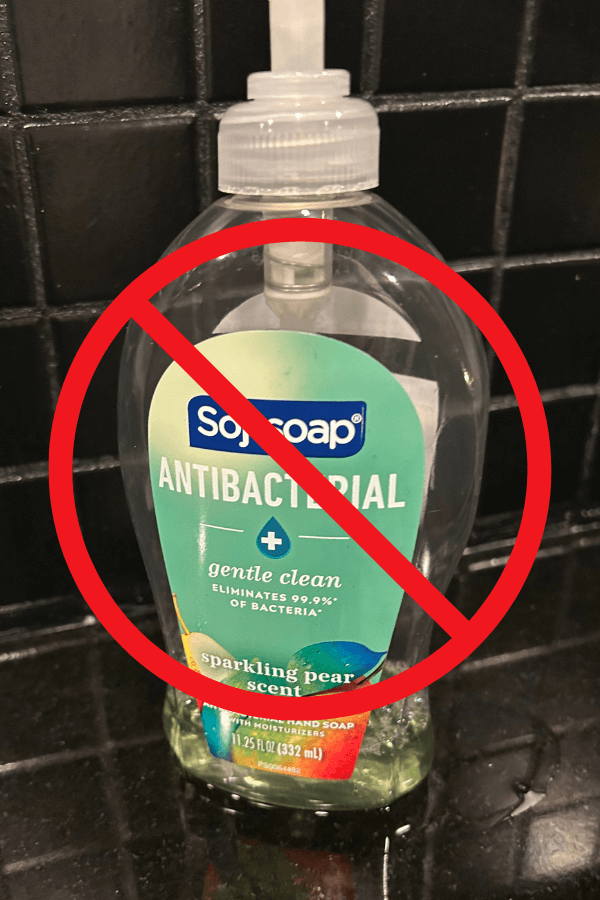The Skin Microbiome: Your Body’s Overlooked Health Hero

In the world of healthcare, there’s one unsung hero you might be overlooking: your skin microbiome. This microscopic ecosystem of bacteria, fungi, and viruses plays a critical role in keeping not only your skin healthy but also the health of your skin can affect your overall health. The skin functions to help defend against environmental stressors, supports immune function, and even reduces inflammation. When disrupted, it can lead to a whole host of skin and health issues.
So, how do you care for this invisible but powerful ally? Treating your skin gently. Bathing every day, especially with harsh soaps, can strip not only the protective oils from your skin but also affect the balance of your skin’s microbiome. If I haven’t done any really “dirty” work, I take a quick shower, washing only the necessary sweaty parts (if you know what I mean).
Avoid antimicrobials. Everything, from body washes to dishwashing detergent, contains antibacterial ingredients. These harsh chemicals may kill off bad bacteria, but they also kill off the good protective bacteria. When washing, look for formulas labeled as ph-balanced, microbiome-friendly, and sulfate- and paraben-free. I use pure castile soap as my soap of choice, from hand washing to body washing, and I even carry a small bottle in my purse for when I’m out and about.
Moisturizers don’t just hydrate your skin—they also help maintain the barrier that protects your microbiome. Moisturizers containing coconut oil, shea butter, and goat’s milk can all help soothe and protect the skin. The science of Ayurveda teaches daily massaging with nourishing oils to promote better health. (You can read more about self-massage here.)
A bit of sunlight supports healthy skin function and microbial diversity. However, overexposure can damage both your skin and the microbiome.
Use mineral-based sunscreens (like zinc oxide), which tend to be gentler on your skin’s flora, and avoid chemical sunscreens with harsh preservatives.
Your gut and skin microbiomes are deeply connected. What you eat influences both. Helping to support your skin from the inside out should include eating a variety of fiber-rich vegetables and fermented foods (yogurt, kefir, sauerkraut) and taking a good probiotic like PB Restore, Staying hydrated and limiting sugary and ultra-processed food, which can feed harmful bacteria.
Connecting with nature is another way to help keep both skin and gut microbiome flourishing. In Dr. Axe’s book “Eat Dirt,” he describes how our disconnection from the outer world, including plants, trees, and, yes, dirt, has adversely affected our well-being. Being outside in nature can decrease our stress, which in turn reduces cortisol levels, which subsequently affects sebum production, which ultimately impacts our microbiome.
Your skin isn’t just a barrier—it’s a living, breathing ecosystem. Supporting your skin’s microbiome with gentle, nourishing products and mindful habits can make a significant difference in your skin health and overall well-being. The health of your skin and your body starts with the smallest organisms.
Curious how to support your skin microbiome through daily habits and clean products? Let’s chat—I’d love to help you create a routine that works for you.
